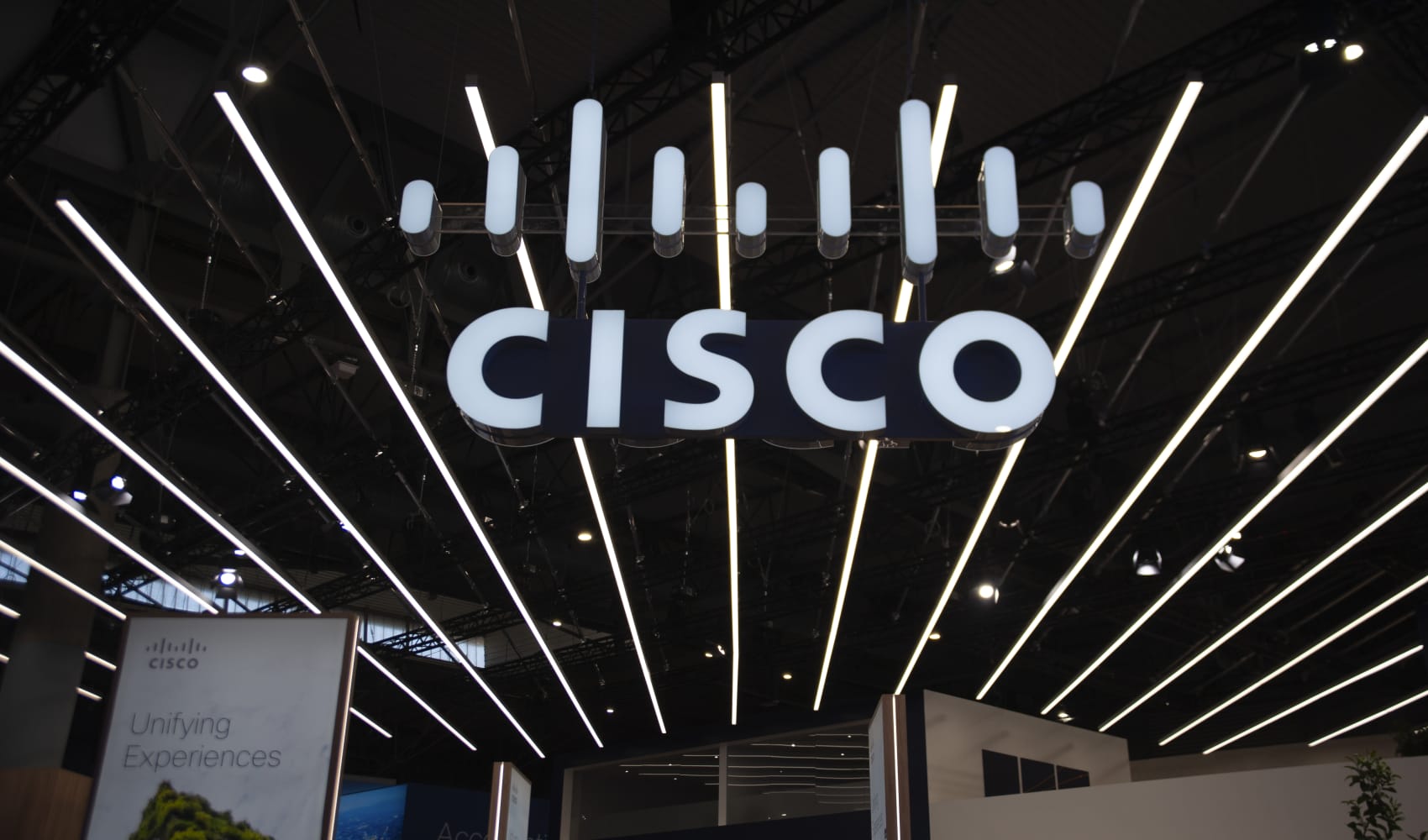
IPOs and SPACs have a big year ahead.
After a banner 2020, with billions of dollars flowing into the expanding IPO market and the up-and-coming special purpose acquisition vehicle space, 2021 is shaping up to be just as strong for both groups, two top market analysts told CNBC's "ETF Edge" on Monday.
With DoorDash and Airbnb beginning to trade this week and Roblox, Affirm and Wish still set to debut before the end of 2020, it will be "a year with more billion-dollar IPOs than any other year we've seen in history," Kathleen Smith, chairman and co-founder of Renaissance Capital, said in the interview.
That could pave the way for other heavy hitters to follow suit next year, said Smith, whose firm runs the Renaissance Capital IPO ETF.
"In 2021, we think that Elon Musk's SpaceX may try to tap the market. We're also hearing a lot about Stripe, which has a very high private valuation," Smith said, referring to the mobile company that took the No. 1 spot in CNBC's 2020 Disruptor 50 list.
Stripe's latest funding round in April raised its private valuation to $36 billion.
Money Report
Grocery delivery company Instacart and Alphabet's self-driving car segment Waymo were also on Smith's watchlist for 2021. The IPO ETF is typically one of the first to add newly public companies to its holdings.
SPACs should also continue to gain traction next year, Paul Dellaquila, president and global head of ETFs at Defiance, said in the same "ETF Edge" interview.
His firm is behind the Defiance Next Gen SPAC Derived ETF (SPAK), up 10% since its October launch.
Data from Defiance partner SPAC Research show that two to three SPACs have been coming to market per day on average, Dellaquila said.
"That's been a trend pretty much all year. So, I think there's going to be that kind of growth going into 2021," he said.
Dellaquila said he expected SPACs to produce "private equity-like" returns — dependent on management teams' performance, but outsized when they're able to execute.
"You're going to have the winners in there, but you're also going to have some losers," he said. "The diversity of the ETF will hopefully keep up with a return profile that's similar to a private-equity-like return for investors. But we think that trend is going to continue into 2021."
Smith wanted the proof on paper, saying she wouldn't consider adding SPACs to her IPO ETF at this time.
"In this current product, our rules say you have to be an operating company and it takes almost two years for a SPAC to turn into an operating company. So under the current strategy that we have, SPACs would not be included in this index," she said. "We're interested to see how the SPAC ETF performs and the strategy behind that. I think maybe you're digging into some opportunity there. But our existing product is going to be purely IPOs, regular-way IPOs."






